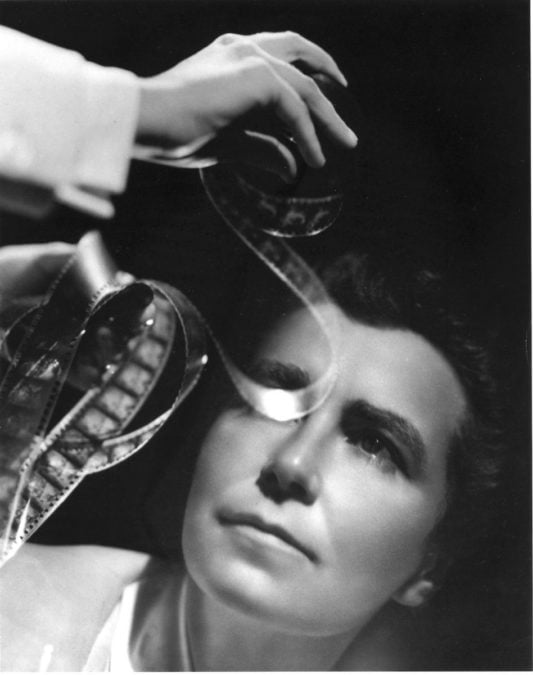Dorothy Arzner was a pioneering film director — She was the only woman director during Hollywood’s “Golden Age.”
During her 15-career (1927-1943), Arzner, who identified as a lesbian, helmed 20 features, including silents and “talkies,” which is still a record in Hollywood.
In 1938, the auteur filmmaker also was the first female member of the Director’s Guild of America. Arzner remained the only female member until Ida Lupino joined the guild in 1950.
Dorothy Arzner
“Dorothy Arzner was an indispensable filmmaker who told a different kind of story, a story of someone swimming in a world of violence and contradictory forces run by men who is trying to navigate that world,” Shannon Kelley, head of public programs at the UCLA Film & Television Archive, said in 2015 when Arzner was the subject of a UCLA retrospective.
“Arzner was uniquely focused on stories about female bonding and the female journey that had not been mapped in other cinema,” Kelley said. “The woman is not objectified. She is the story. Many face epic challenges, but she is not the victim. She is a voyager and a fighter.”

Dorothy Arzner was a pioneering film director. During her 15-year career (1928-1943), Arzner — who identified as a lesbian — helmed 20 features, including silents and “talkies,” which is still a record in Hollywood. She made 11 of those movies at Paramount Studios. Arzner also was the first female member of the Director’s Guild of America. Photo: UCLA Film & Television Archive.
Arzner directed 11 films for Paramount during the 1920s and 1930s. In 1927, Paramount made Arzner the only woman director on contract with a Hollywood studio.
Pioneering director
Arzner even directed Paramount’s first sound feature in 1929, “The Wild Party,” starring Clara Bow. Arzner also invented the first boom microphone to follow Bow around set.
Through Arzner’s direction, Bow made the cinematic transition to sound.
After breaking from her contract with Paramount in 1932, Arzner directed star-turning performances for many other actresses, including Katharine Hepburn in “Christopher Strong” (1933) for RKO, Anna Sten in “Nana” (1934) for Samuel Goldwyn, Rosalind Russell in “Craig’s Wife” (1936) for Columbia, Joan Crawford in “The Bride Wore Red” (1937) for MGM, Lucille Ball and MAureen O’Hara in “Dance, Girl, Dance” (1940) for RKO and Merle Oberon in “First Comes Courage” (1943) for Columbia.
After becoming the first female member, Arzner told the Directors Guild, “I was averse to having any comment made about being a woman director… because I wanted to stand up as a director and not have people make allowances that it was a woman.”
Left Hollywood
In 1943, Arzner walked away from Hollywood, but continued working, directing television commercials and producing plays. Arzner also was a professor at the UCLA film school, teaching screenwriting and directing from 1959 to 1965.
Arzner died in 1979 at the age of 82.
In 2018, Paramount honored Arzner by dedicating its Dressing Room building after her.
Sexuality influenced filmmaking
Arzner’s films also were influenced by her sexuality, Kelley said.
“When we understand her as a lesbian, there seems to be a strong line with her stories. We are fortunate to not only enjoy the perspective of a woman, but also a lesbian,” Kelley said. “Dorothy reveals what interested her most — women bonding with each other and sometimes to the exclusion of men, which is part of a women’s lived experience, not just lesbians.”
